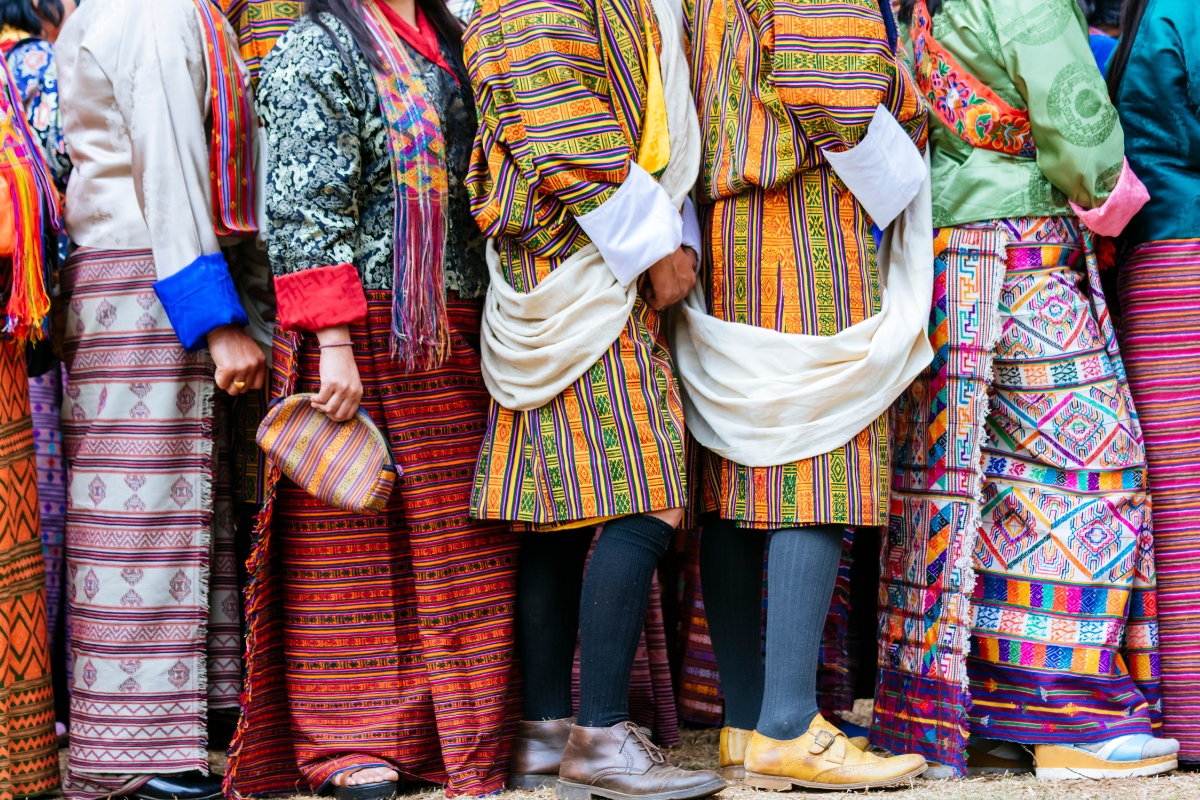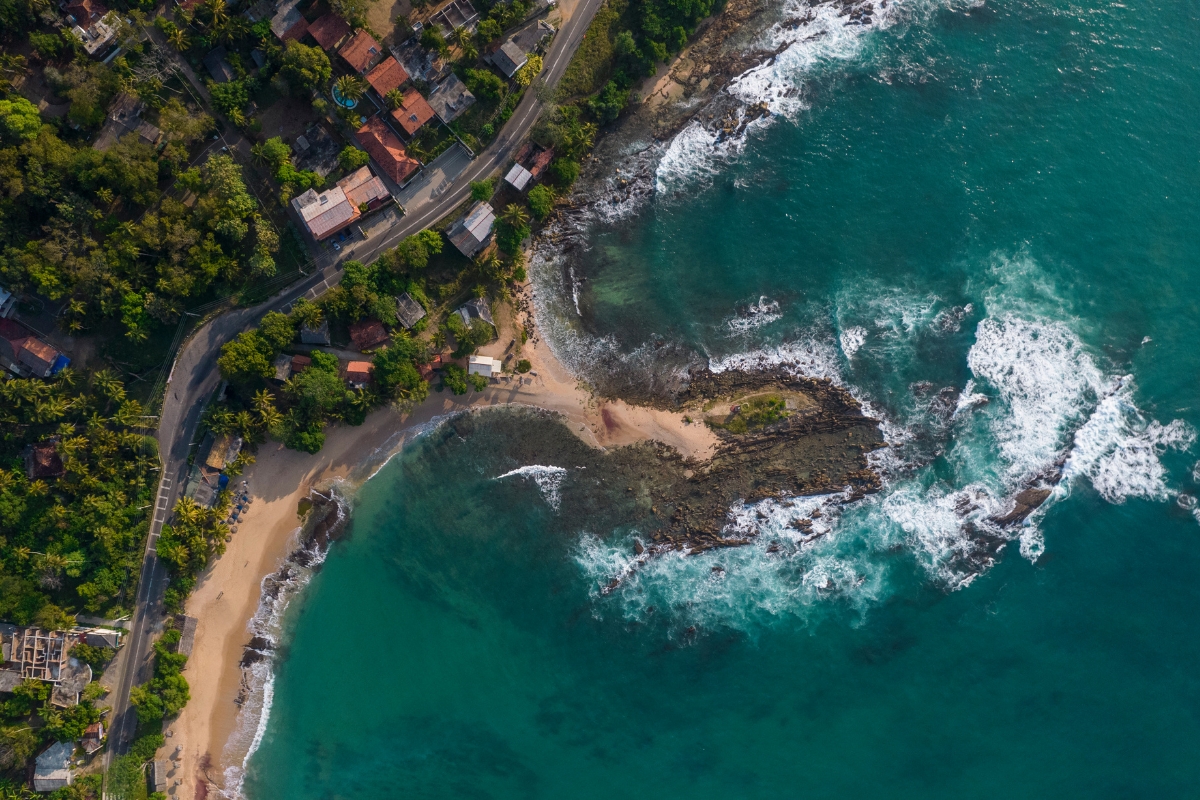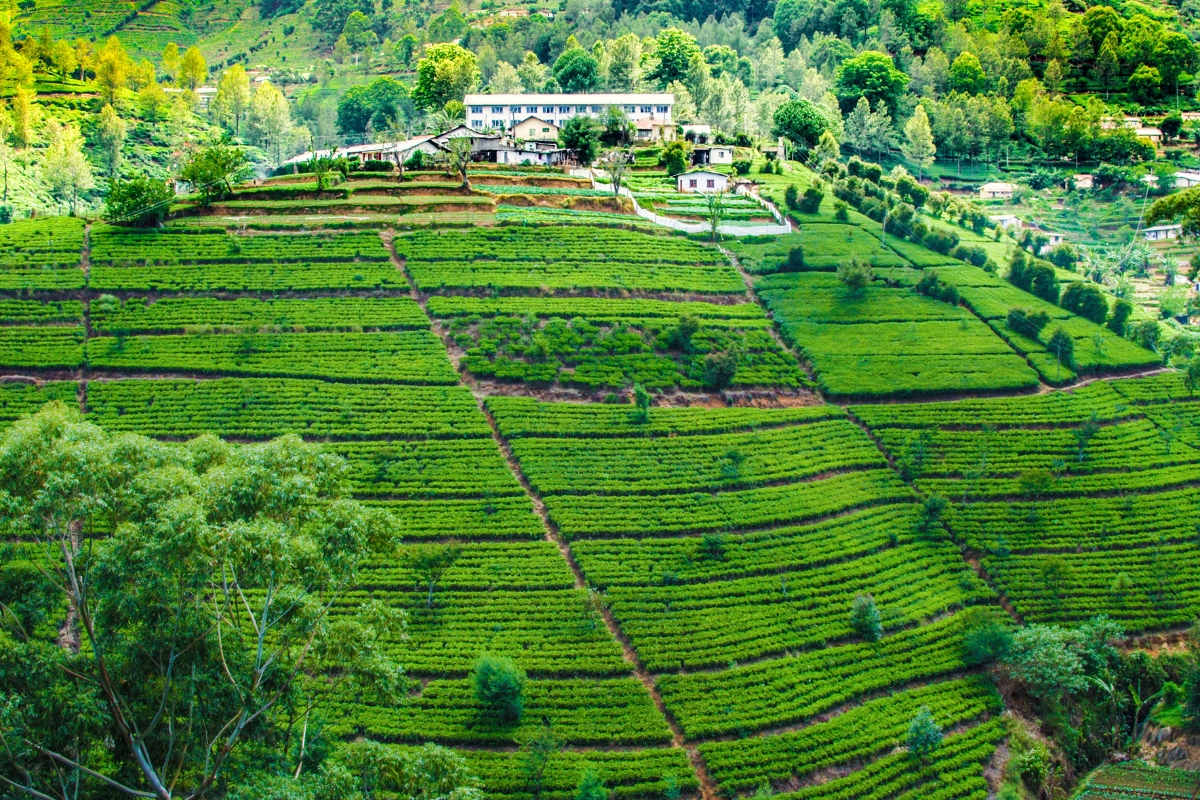Nestled in the heart of the Himalayas, Bhutan, often referred to as the "Land of the Thunder Dragon," is a small but enchanting country that has managed to achieve something extraordinary in the world of tourism. Despite its small size and isolated location, Bhutan has successfully harnessed the power of sustainable tourism, creating a model that many other nations can learn from…
Bhutan, a landlocked country in South Asia, boasts a population of approximately 770,000 people. The country's diverse landscape ranges from towering peaks to lush valleys, and it's renowned for its rich biodiversity and pristine natural beauty. Bhutan's unique approach to development, known as Gross National Happiness (GNH), places emphasis on the well-being and happiness of its citizens over purely economic growth. As of 2022, the GDP per capita in Bhutan was around $3,000 to $3,500 USD, reflecting the country's focus on sustainability and quality of life rather than GDP figures alone.
Embracing sustainable tourism
Section Type: standardWidthImageS
Lovely scenic view of Punakha Valley

Bhutan's approach to tourism is unique in that it prioritizes sustainability and environmental conservation above all else. The government of Bhutan has taken proactive steps to limit the impact of tourism on its pristine environment and culture. This is achieved through a strict policy known as "High-Value, Low-Impact Tourism."
To visit Bhutan, tourists must pay a daily tariff, which covers their accommodation, meals, and a licensed guide. This daily fee not only discourages mass tourism but also ensures that the industry generates substantial revenue that can be reinvested in the country's development and conservation efforts.
Limiting tourist numbers
Unlike many popular tourist destinations that struggle with overcrowding, Bhutan has adopted a policy of limiting the number of tourists allowed to visit each year. By capping the number of visitors, Bhutan ensures that its natural and cultural treasures are not overwhelmed by mass tourism. This approach helps to preserve the country's unique heritage and environment.
Focusing on cultural preservation
Section Type: standardWidthImageS
Buddhist monks roaming the Punakha Dzong palace.

Bhutan has a rich cultural heritage that is deeply intertwined with its Buddhist beliefs. To protect this heritage, Bhutan has implemented policies to ensure that tourism respects and contributes to the preservation of its culture. Tourists are encouraged to engage with local communities, attend traditional festivals, and respect local customs and traditions. This all aligns perfectly with SA Expeditions’ travel ethos.
The Bhutanese government places a strong emphasis on maintaining the integrity of its cultural and religious sites. For instance, the iconic Paro Taktsang, also known as the Tiger's Nest Monastery, is a sacred site and a major tourist attraction. However, strict regulations are in place to prevent overcommercialization and damage to the site. Tourists must follow a dress code, maintain a respectful demeanor, and adhere to photography restrictions to ensure the sanctity of this revered location.
Investing in infrastructure
To accommodate tourists while preserving its environment, Bhutan has made significant investments in eco-friendly infrastructure. The country has developed a network of eco-lodges and sustainable accommodations that blend seamlessly into the natural surroundings. Additionally, efforts have been made to improve road networks and transportation options, making it easier for tourists to explore the country responsibly.
Section Type: standardWidthImageS
Dhumra Farm Resort is a lovely boutique hotel that gives visitors to have a glimpse of village and farm life, while enjoying farm-to-table dining.

The construction of eco-friendly accommodations is not just limited to cities and towns; even in remote areas, you can find eco-lodges that provide comfortable and sustainable lodging options. These lodges often feature traditional Bhutanese architecture, use renewable energy sources, and engage in eco-friendly practices such as waste recycling and water conservation.
Promoting unique experiences
Rather than promoting Bhutan solely as a destination for generic sightseeing, the country has focused on offering unique and immersive experiences to its visitors. From trekking in the pristine Himalayan wilderness to exploring ancient monasteries and participating in traditional ceremonies, Bhutan provides tourists with experiences they can't find anywhere else.
One of the most iconic experiences in Bhutan is the annual Paro Tsechu festival. This vibrant and colorful event showcases traditional Bhutanese dance, music, and religious ceremonies. Tourists have the opportunity to immerse themselves in the country's rich cultural traditions and witness the deep spiritual connection that the Bhutanese people have with their heritage.
Striking a balance
Section Type: standardWidthImageS
Rice planters in Paro (Photo: Bernard Gagnon, Rice planting in Bhutan 02, CC BY-SA 4.0)

One of the key lessons that can be learned from Bhutan's success in tourism is the importance of striking a balance between economic development and environmental conservation. Bhutan has managed to generate revenue from tourism while safeguarding its natural beauty and cultural heritage. This balanced approach has earned the country international acclaim and admiration.
Bhutan's success in tourism is a testament to the power of sustainable and responsible practices, and a beacon for us at SA Expeditions. By prioritizing environmental conservation, limiting tourist numbers, preserving its unique culture, and involving local communities, Bhutan has created a thriving tourism industry that benefits both the nation and its visitors.
Bhutan's remarkable journey serves as an inspiration for other countries seeking to harness the benefits of tourism while preserving their natural and cultural treasures. In a world where overtourism is a growing concern, Bhutan stands as a shining example of how tourism can be done right...
Section Type: cta
Have we convinced you yet? Embark on an otherworldly Bhutanese adventure with SA Expeditions. First take a look at our sample Bhutan itinerary. Then speak to a Destination Expert about making it your own.

 India & the Himalayas
India & the Himalayas India & the Himalayas
India & the Himalayas